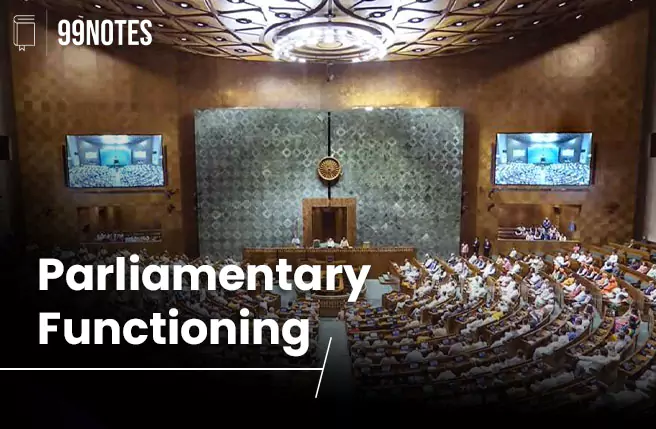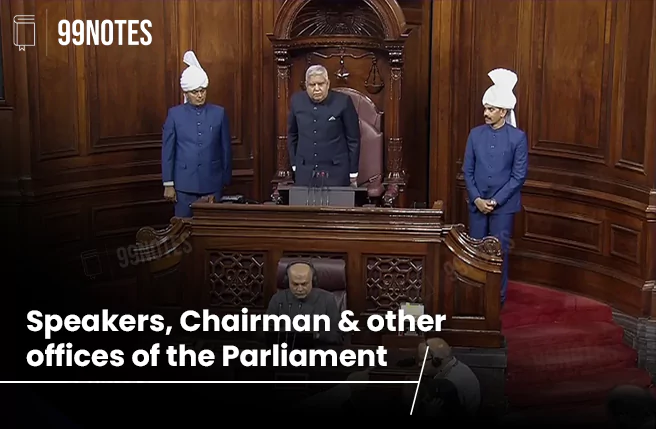Parliamentary Forums UPSC Notes
The Indian Parliament actively engages with the Indian and the world forums in order to share experiences and enhance Participation. In this context, the Indian Parliamentary Group (IPG) and the Youth Parliament have emerged as important associations. Indian Parliamentary group: In 1949, the Indian Parliamentary Group was formed as an autonomous body in pursuance of…










